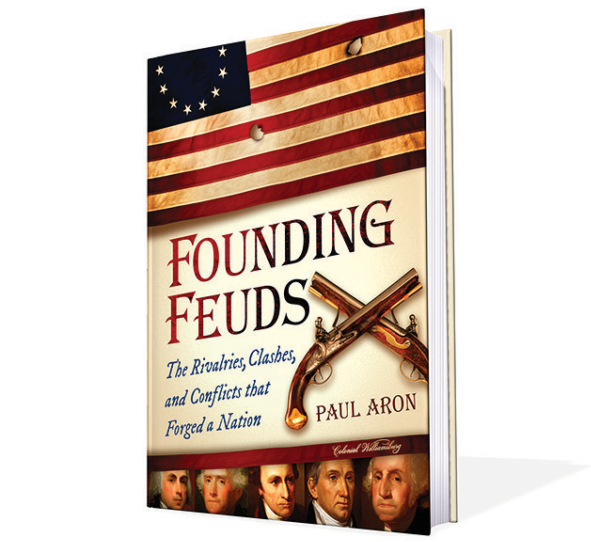
One presidential candidate makes scathing remarks about an opponent. Then his (or her) opponent returns with something even more inflammatory. Are we talking 2016 or 1776? The answer may surprise you.
In the year 2016, we’ve seen a presidential race shrink from about two dozen candidates to two. Every single candidate found a way to attack another, and this will continue on with our presumptive nominees until election day. But this isn’t new. In fact, our founders were bickering left and right. This very thing inspired Paul Aron, Colonial Williamsburg’s Director of Publications, to write a new book aptly titled “Founding Feuds: The Rivalries, Clashes, and Conflicts that Forged a Nation.” As soon as I heard this was happening, I knew what book was going to be the next one I added to my collection. If you haven’t read any of my blogs before (welcome to all of you!), I collect books on the American Revolution, specifically surrounding politics and the war itself.
I was incredibly honored to receive an advanced copy of the book, which I immediately began to devour. Here’s the official description of the book:
Think partisanship has never been so bad? Think again. Founding Feuds shows the founders not only debating but also smearing, screaming, spitting, and occasionally shooting at each other—their politics every bit as polarized as ours.
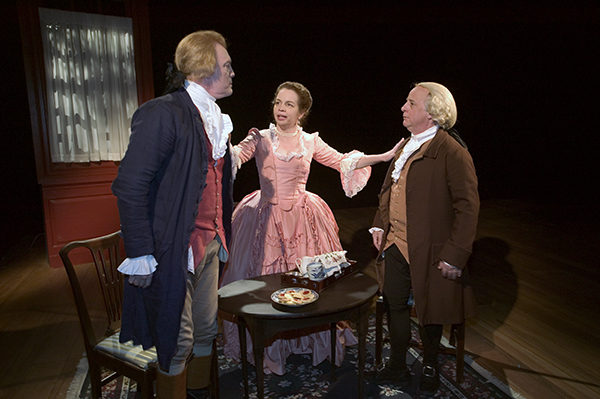
Paul was also a guest of mine on Colonial Williamsburg’s official podcast to talk about the book and what he hoped readers would take away from it. I asked him to describe the book to me. “We tend to think that partisanship is worse today than it’s ever been in the past, and politics can be pretty nasty today, but it could be pretty nasty then, too,” he said. “The founders were anything but united and they disliked each other every bit as much as a modern-day Democrat or Republican. Whether it’s Hamilton and Jefferson or Adams and Jefferson or Adams and Hamilton, the founders feuded a great deal.”
See those names? That’s Alexander Hamilton, Thomas Jefferson, and John Adams, and all three feuded with each other and others—a lot. Jefferson himself is featured several times in the book. But why was that? Paul told me it’s because Jefferson is one of the most disputed figures in American history. “His critics would probably say—his critics then as well as now—would probably say that’s because he was a hypocrite. He was the greatest proponent of liberty, yet he owned slaves. He fought against federal power—that was the basis of the Republican opposition to the Federalists—until he became president and then he was perfectly happy to wield power. He pretended to be a philosopher and a writer and not to care deeply about politics, but he did care deeply about politics. And yet, he is deservedly celebrated both by his contemporaries and today.”
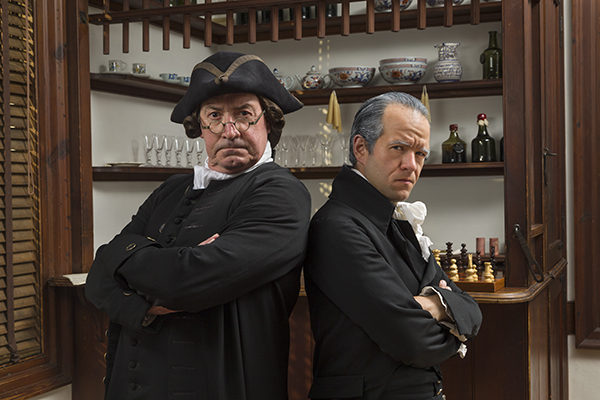
Many of you who read nonfiction will agree that sometimes the books can read like textbooks and are hard to get through. I made this point with “TURN: Washington’s Spies.” Founding Feuds is different in that each story is engaging. They’re all broken down into sections, so you can skip around depending on your interests. Are you a Hamilton fan (11 Tonys!) who wants to learn more about that infamous duel between Alexander Hamilton and Aaron Burr? It’s easy to do.
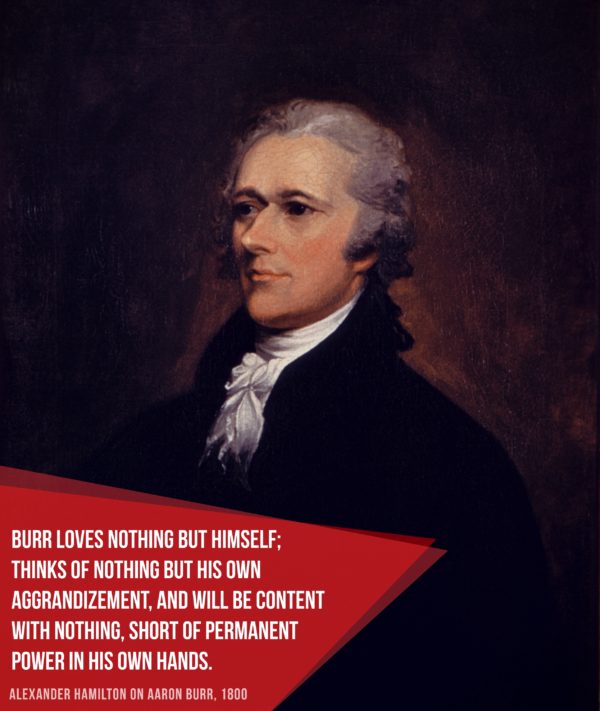
Even George Washington had a feud, so there’s something for everyone. The book is perfect for lounging at the beach or pool, or even in a classroom. One of the best parts is Paul included endnotes complete with all of his sources, so if you want to learn more about a particular subject, he lets you know where to look.
What Paul hopes you all take away from this book is simply this:
After the 1800 election, despite all of the rhetoric that led up to it, despite all of the vitriol that led up to it, Jefferson’s inaugural address was very conciliatory. “Every difference of opinion is not a difference of principle,” he said. “We are all Republicans, we are all Federalists,” and perhaps that’s something we could learn from today. We are all Democrats and we are all Republicans.
I’m definitely recommending this one. You can buy it online or right here in Williamsburg. Let me know what you think of it!
Paul is also going to be giving a talk about the book at the Art Museums of Colonial Williamsburg Friday, July 1. Museum admission is required (which is included in your Colonial Williamsburg admission), but no extra ticket is needed.
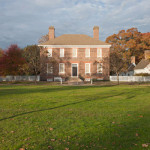
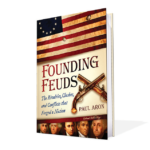
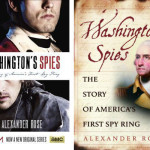
really good book. i like to read nonfiction and it can hel me to know more about history